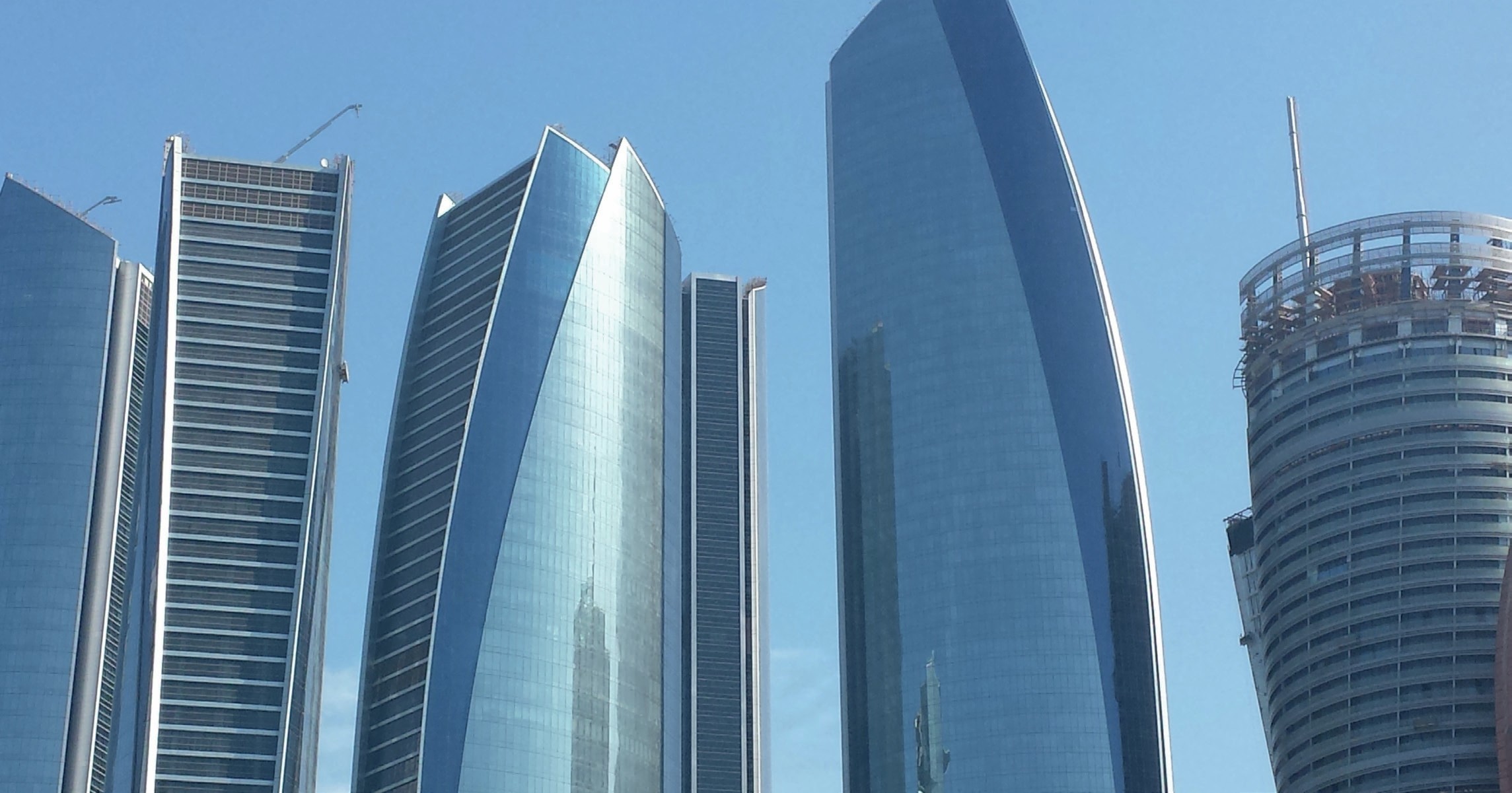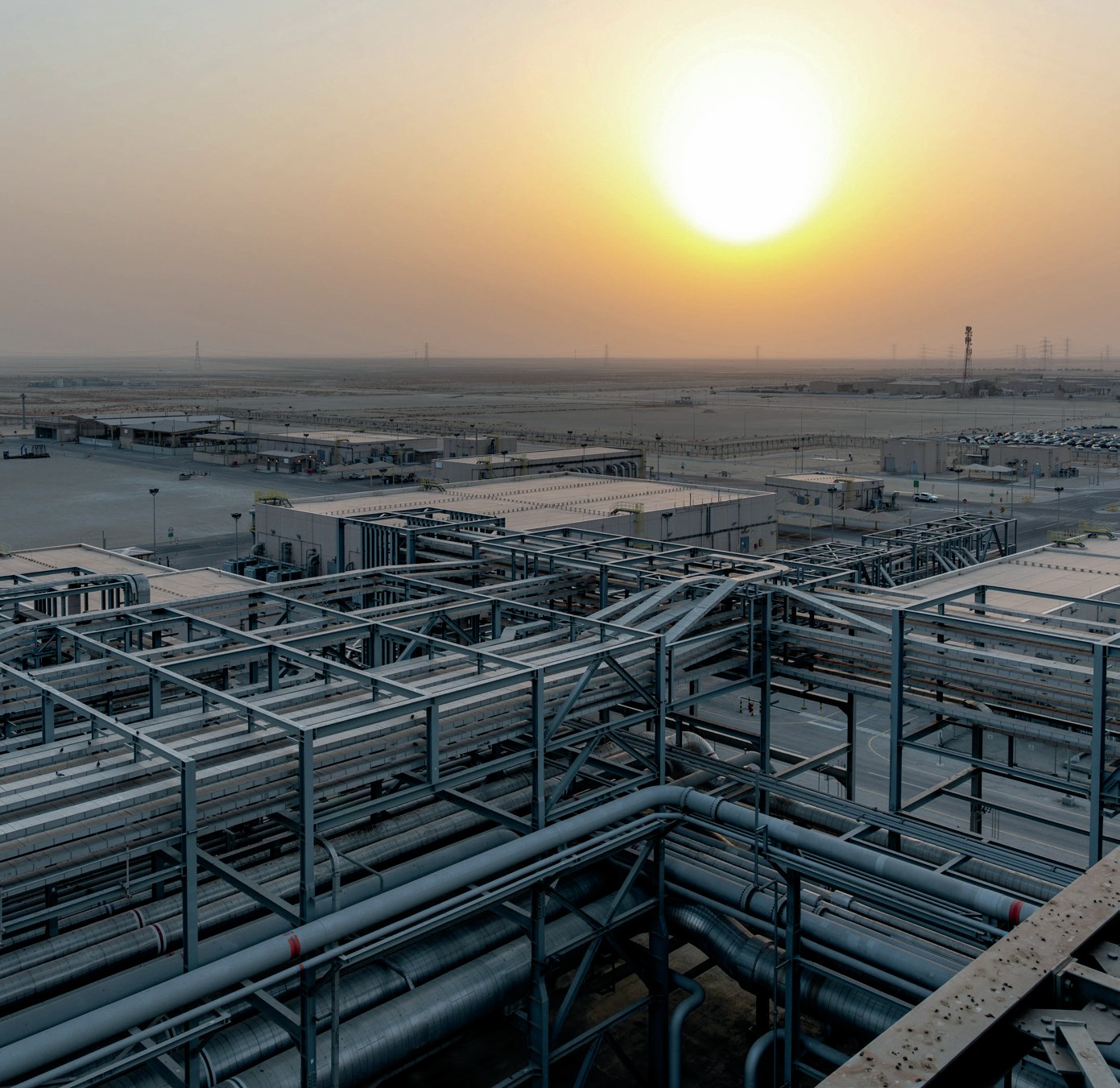Sulphur 412 May-Jun 2024
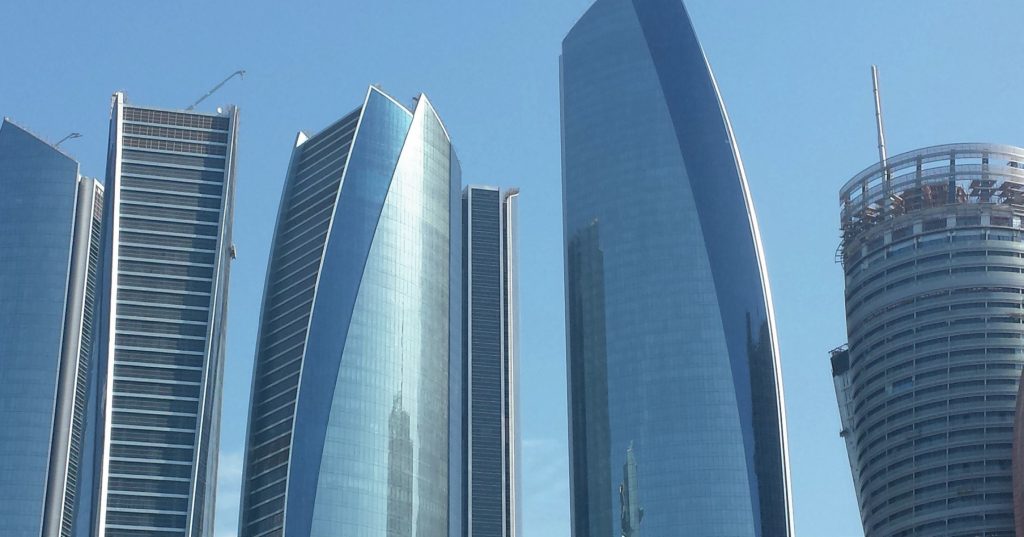
31 May 2024
MEScon returns to Abu Dhabi
CONFERENCE PREVIEW
MEScon returns to Abu Dhabi
CRU and UniverSUL Consulting, together with the event host, ADNOC, are delighted to welcome you back for MEScon 2024 at the Conrad Abu Dhabi, Etihad Towers from 20 to 23 May 2024.
The 2024 Middle East Sulphur Conference (MEScon 2024) organised by CRU and UniverSUL Consulting and hosted by ADNOC will take place at the Conrad Abu Dhabi, Etihad Towers in Abu Dhabi, UAE, from 20 to 23 May 2024.
The Middle East and Abu Dhabi, in particular, are at the epicentre of global sulphur and sour hydrocarbon production, making it the ideal location to host this premier event that will gather representatives from along the entire sour gas and sulphur value chain to promote technology and innovation, lessons learned, best practices, knowledge transfer, and R&D.
MEScon is devoted to networking, thought leadership, innovation and best practice operations across the entire sour gas and sulphur value chain. With the region’s prominence in the global sulphur industry, MEScon is the place where the sulphur and sour gas community meet to discuss and debate the key strategic themes that are driving the industry.
The partnership of CRU and UniverSUL Consulting combines the respective strengths of market-leading analysis and technical expertise, which is reinforced by the support of the two largest sulphur producers in the world – ADNOC (Host Sponsor) and Aramco (Diamond Sponsor) – who are committed to making this the largest and most comprehensive sulphur conference in the world.
The 2024 agenda combines a carefully curated mix of 33 technical presentations and a wide range of technical workshops, panel discussions and technical poster presentations.
“MEScon is the place where the sulphur and sour gas community meet to discuss and debate the key strategic themes that are driving the industry.”
Peter Harrison, CRU’s Principal Analyst, Sulphur and Sulphuric Acid, will set the scene for the event with an overview of the global sulphur market:
“The global sulphur market has been through a period of oversupply and lower prices since mid-2023. Increases in demand and prices are expected in 2024 with supply increased likely to slow. The recent surplus has been driven by destocking from long term inventory and a slowdown in demand. Despite the recent experience of surplus, the question of longer-term supply availability remains.
On a global scale sulphur supply is expected to still meet demand for many years to come but there are already regions of the world which are, or will soon be, witnessing supply decline and physical market shortages.
The Middle East region is a crucial component of current and future sulphur supply, and increasingly demand. Supply from the region already contributes significantly to global trade volumes with this share expected to grow over the coming years.
The MESCon event is a great example of how a blend of commercial and technical understanding will be essential for the future of the sulphur market. Future sulphur supply will likely be sourced from more technically complex assets and more consolidated in geographical location. Understanding both the operational and commercial challenges will be essential determining when, where and how supply will enter the market to meet growing global demand.”
Key themes on the MEScon 2024 agenda are highlighted below:
- Shaping the future of energy and sulphur – world-class sour gas and sulphur projects
- Innovative sour hydrocarbon strategies, technologies and design approaches
- Gas treating excellence from wellhead to SRU
- Sulphur 4.0 – automation and digitalisation advances
- Sulphur handling experience from the world’s largest producing region
- SRU/TGTU best practices in operation and design
A new feature of this year’s conference is the Sulphur Youth Majlis Session. Nearly ten years after becoming the world’s largest sulphur producing region (occurred in 2015), the Middle East is passionately focused on producing a new wave of talent that will drive the industry forward into the future. The Youth Circle Majlis Session offers a dynamic and inspiring platform for young professionals to explore, connect, and grow within the exciting and ever-evolving world of sour gas and sulphur.
This year will also see the return of the Operations Roundtable session (from MESPON days). This session promises to be one of the best global platforms for industry professionals to stay updated on the latest developments, exchange knowledge, and collectively work towards advancing the efficiency, safety, and sustainability of sulphur processing operations.
Sulphur Youth Majlis Session
The Sulphur Youth Majlis Session is a special gathering designed to inspire and guide young professionals (aged 38 years and younger) as they explore exciting career paths within the sour gas treating and sulphur fields. This session is crafted to foster meaningful connections, provide valuable insights, and equip attendees with the tools they need to embark on successful career journeys in these dynamic sectors. Key features of the Youth Circle Majlis Session include
- Career exploration panels: Engaging panel discussions featuring young professionals and industry experts will offer first-hand insights into various career paths within sour gas and sulphur. Attendees will gain valuable perspectives on different roles, responsibilities, and opportunities available, helping them make informed decisions about their career trajectories.
- Networking opportunities: The session will provide ample opportunities for networking and building connections with peers and mentors in other operating companies and the international sulphur community as a whole. Attendees will have the chance to engage in one-on-one conversations, group discussions, and networking activities, fostering a supportive community of like-minded individuals passionate about building and nurturing the sour gas and sulphur community.
- Career guidance and mentorship: Experienced professionals from the sour gas and sulphur industry will offer mentorship and guidance to young attendees. Whether it’s sharing career advice, providing professional insights, or offering resume suggestions, mentors will play a crucial role in supporting the professional development of the next generation of industry leaders. n
MEScon Operations Roundtable (open forum Q&A)
The MEScon Operations Roundtable is a premier platform where industry experts gather, in the world’s largest sulphurproducing region, to facilitate open discussions on critical topics within the realm of sour gas treating, sulphur recovery, tail gas treating, sulphur forming & handling, and CO2 capture along the sulphur value chain. Key highlights of the MEScon Operations Roundtable include:
- Expert facilitated discussions: Industry leaders with extensive experience in sour gas treating, sulphur recovery, and related areas lead engaging discussions on pressing issues, trends, and innovations.
- Open exchange of ideas: Participants have the chance to share their experiences, challenges, and successes, fostering a collaborative environment conducive to learning and problem-solving.
- In-depth exploration of hot topics: The forum covers a wide array of topics spanning the entire sulphur value chain, from gas treatment to sulphur handling and CO2 capture, ensuring comprehensive coverage of relevant industry issues.
- Networking opportunities: Attendees have the chance to connect with peers, potential partners, and solution providers, facilitating valuable networking opportunities and potential collaborations. n
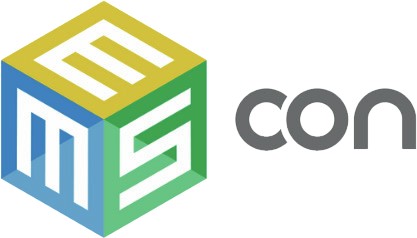
MEScon
DAY 1 – MONDAY 20 MAY 2024
- Carbon Capture In The Sulphur Value Chain Workshop
- MEScon Operations Roundtable (open forum Q&A)
- Sulphur Youth Majlis Session
- Carbon capture options for gas processing plants – Leorelis Vasquez & Nathan Smith, Worley Comprimo
- SRU sweep/shutdown through the TGTU – Jan Kiebert, Sulphur Experts Inc.
- Efficient sulphur recovery using biotechnology – Developments in Thiopaq O&G – Arthur van Asbeck, Paqell
- SAMREF SRU catalyst management, retrofit and optimisation initiatives during the 2023 T/A
- Khalid Ghazal, Saudi Aramco Mobil Refinery Company Ltd. – (SAMREF) & Johann Le Touze, Axens
DAY 2 – TUESDAY 21 MAY 2024
- ADNOC welcome – Abdulmunim Al Kindy, ADNOC Upstream l Aramco welcome l MEScon opening remarks – Fahad Al Wahedi, ADNOC Sour Gas l MEScon 2024 kickoff – Angie Slavens, UniverSUL Consulting l Oil & gas / energy outlook – Michael Nevin, io consulting l Sulphur market overview – Peter Harrisson, CRU
- The sweet taste of sour gas – the new Hail & Ghasha sour gas plant – Hamda J. Almesmari & Nada Abujarad, ADNOC Group
- Tanajib Gas Plant (TGP) -The new Aramco gas plant – Khalifah Al-Salem & Ahmed Alzahrani, Aramco
- Sulphur start-ups: Element 16’s sulphur thermal energy storage (pilot plant in Oman) – Parker Wells, Element 16 Technologies, Inc.
- State of the industry and the Middle East – panel session
Innovative sour hydrocarbon strategies, technologies and design approaches
- Capitalise on extension of the sulphur value chain – Chandra Shekar, ADNOC Sour Gas
- Saudi Aramco “Sub-dewpoint sulphur recovery with interstage membrane (SSRIM)” – John P. O’Connell, Aramco
- Simulation-based analysis of the effects of feedwater distribution and tube layout on vapour hold-up in kettle-type waste heat boilers – Nasser Mohieddin Abukhdeir, Continuum Engineering Inc. & Elmo Nasato, Nasato Consulting Ltd.
- Maximising CO2 recovery in existing assets with proprietary amines – Ashraf Abufaris & Feras Kordi, BASF Middle East Chemicals LLC
- Ammonia-based scrubbing for sulphur recovery – a Middle East perspective – Inshan Mohammed, Sulphur Recovery Engineering
- Direct fuel gas sulphur removal technology – Strom Smith, Sulphur Operation Support Inc.
- Innovative sour hydrocarbon strategies, technologies and design approaches – panel session
2024 preliminary agenda
DAY 3 – WEDNESDAY 22 MAY 2024
- Welcome address
- Technical committee
Gas treating excellence from wellhead to SRU
- Ultra-sour gas pipeline in-line inspection – an overview and case study of wall loss and crack detection ILI runs for CRA cladded pipe –Saeed Al Blooshi, ADNOC Sour Gas
- SRU acid gas ejectors for sour gas re-injection – Seth Spear, Occidental Petroleum
- Technology assessment – retrofit of existing acid gas removal units (AGRUs) using a novel technology – Ibrahim Khan Mohabbath, ADNOC Gas
- Strategies to control corrosion of an amine regenerator with elevated heat stable salts – Ben Spooner, Amine Experts
- Mercaptan removal options – Jon Lewis, Worley Comprimo
- Hot circulation mode for acid gas stripping from amines – Yousef Alfnais, Aramco
- Gas treating excellence from wellhead to SRU – panel session
Poster spotlight
- BTX removal through activated carbon beds; what have we gained and what have we learned? – Hamed Alsowayigh, Aramco
- Troubleshooting of reaction furnace burner in sulphur recovery unit of acid gas removal plant in KNPC-MAA Refinery – Rizwan Ahmed Masood, KNPC
- Sulphur recovery unit’s water treatment online recommendation model – Bader Alotaibi, Aramco
- Best practice of evaluating SRU catalyst performance – Abdulrahman Almashhaf, Aramco
- Catalyst sulphidation in tail gas treatment: a comprehensive analysis of methods and best practice – Girish Madupalli, AIMS
- Testing novel catalysts for H2 S conversion to hydrogen – Anton Manakhov, Aramco
Automation and digitalisation advances in sulphur
- Improving control room operator performance with an AI-assisted copilot solution – Suresh Kumar M., ADNOC Gas
- Enhancing temperature monitoring for reaction furnaces through machine learning – Abdullah A Alhumaid, Aramco
- Sustainability initiative by automated start-up of SRU fired heaters – Raghesh Karunakaran, ADNOC Gas
- Smart advisory dashboard for optimised TGTU operation – Dedik Rahmat Ermawan, Aramco
- A case study to evaluate how a direct link between process simulation & plant data / historian can improve safety, reliability, and efficiency in operations – Ganank Srivastava & Mostafa Shehata, Bryan Research & Engineering, LLC
- Automation and digitalisation advances in sulphur – panel session
MEScon 2024 Scavenger Hunt
MEScon 2024 delegates – Scan here to gain 25 points from Sulphur magazine in the Scavenger Hunt.

DAY 4 -THURSDAY 23 MAY 2024
- Welcome address
- Technical committee
Sulphur handling experience from the world’s largest producing region
- Sulphur degassing technology options for SRUs – Marco van Son, Worley Comprimo
- Can we remelt sulphur in a pipeline that is full of solid? – Robert Marriott, Alberta Sulphur Research Ltd
- Sulphur pipeline’s seasonal optimum flow correlation through machine learning – Bader Alotaibi, Aramco
- Eliminate fire and safety concerns and reduce H2 S emissions in large liquid sulphur tanks – Pankaj Kumar, ADNOC Gas
- SAMREF folds the final chapter of the sulphur dust chall lenges – Khalid Ghazal, Saudi Aramco Mobil Refinery Company Ltd. (SAMREF) & Jeff Cooke, DuBois Chemicals
- Transitioning from magnetic to vibrating screening technology at transferring tower 2 (TT2) sulphur station – Mohammed Al Blooshi, ADNOC Sour Gas
- Sulphur handling experience from the world’s largest producing region – panel session
Poster spotlight
- Reducing fuel gas usage in SRU Claus burners for improved energy efficiency, BTEX destruction, and sustainable TGTU operations – Mohammed Aldossary & Fahad Alfayez, Aramco
- Decarbonisation of sulphur recovery unit utilising oxygen enrichment – Amer S Alsaiari, Aramco
- Effective sulphur pit handover for T&I – Yahya Almousa, Aramco
- Current-base monitoring with VFDs for enhanced sulphur handling – Hamdan Al Shehhi, ADNOC Sour Gas
- Offgas dynamic digital twin composition analyzer – Abdullah Alhumaid, Aramco
- Utilising process simulation to design an effective TGTU – Ganank Srivastava & Mostafa Shehata, BR&E
SRU/TGTU best practices in operation and design
- Challenges in sour gas feed processing at Mina Al Ahmadi acid gas removal plant (AGRP) – Rizwan Ahmed Masood, Kuwait National Petroleum Company (KNPC)
- Sulphur recovery plant instrumentation – today and tomorrow maximising availability & efficiency in sulphur recovery plants – Jochen Geiger, AMETEK Process Instruments
- Unconventional throughput recovery – SRU modified operational mode – Vijay Algule & Al Sail Al Jaberi, ADNOC Sour Gas
- Middle ground: Finding SRU/TGU improvements through catalyst selection – Brian Visioli, Evonik
- SRU/ TGTU best practices in operation and design – panel session
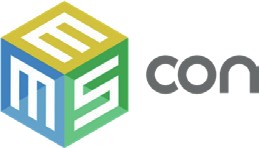
For more information visit www.middleeastsulphur.com


